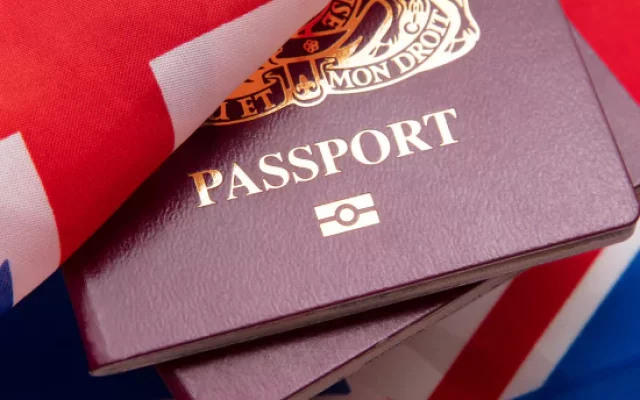Students From Pakistan
April 8, 2024 2024-05-31 17:09Students From Pakistan
Country Specific
Before proceeding, we strongly recommend reviewing the guidelines on qualifications from your home country that are recognised as equivalent in the UK. The information provided below serves as a reference for selected countries commonly represented among prospective PGCE applicants and students at UK Training Hub.

Students from Pakistan
Embarking on a PGCE Journey from Pakistan to the UK
As a Pakistani student aspiring to enhance your teaching career in the UK, the PGCE offers a pathway to global recognition and professional development. Understanding the transition from Pakistan’s educational standards to the UK’s requirements is your first step toward achieving your goals.

Navigating the Visa Process
Secure your study visa by applying through the UK's official immigration website, ensuring you meet all the criteria, including course acceptance, financial proof, and English language proficiency. Early application is crucial to address any potential delays or additional documentation requirements.
Cultural Adaptation
Adapting to the UK's educational culture from Pakistan involves embracing interactive learning environments, critical thinking, and a different approach to student-teacher interactions. Engaging actively in class discussions, understanding the importance of independent study, and adapting to a more informal academic relationship can significantly enhance your experience.


Meeting Academic Requirements
GCSE and Degree Equivalency: Pakistani students must present their Higher Secondary Certificate (HSC) with a minimum of 33% in Maths for GCSE equivalence. For PGCE courses requiring a 2:2, a bachelor's degree with a GPA of 2.4 to 2.6 (60%-65%) is necessary, depending on your institution.
English Language Proficiency: Demonstrating your proficiency through IELTS or equivalent tests is essential. Aim for an IELTS score that meets or exceeds your PGCE provider's requirements to ensure a smooth admission process.
Understanding the UK University Grading System
With the UK being a prime destination for over 452,225 international students in the academic year 2020–2021, it’s crucial to grasp the nuances of its university grading system. Ranking among the top 5 choices worldwide for undergraduate studies, the UK’s education system offers a distinctive grading scale that might differ from what international students are accustomed to.
For those aiming to pursue a PGCE, a foundational requirement includes achieving a Grade 4 (or equivalent) in GCSE English and Maths, and Science for those interested in a science-focused PGCE. Additionally, a lower second-class degree, colloquially known as a Desmond or two-two, is required. This classification signifies a C grade, awarded for achieving between 50 to 59% marks. It represents the minimum academic threshold necessary for eligibility into most graduate programs and certain employment opportunities within the UK.
The UK grading system is classified as follows:
First-class (1st)
This top grade, representing 70% and above, correlates to an A grade, denoting outstanding achievement.
Upper second-class (2.1)
Achieving between 60 to 69% places you in this category, equivalent to a B grade, reflecting above-average understanding and performance.
Lower second-class (2.2)
Marks within the 50 – 59% range result in a C grade, indicating a good grasp of the subject with some areas for improvement.
Third class (3rd)
This grade is given for scores between 40 to 49%, equivalent to a D, suggesting satisfactory knowledge but with significant scope for enhancement.


